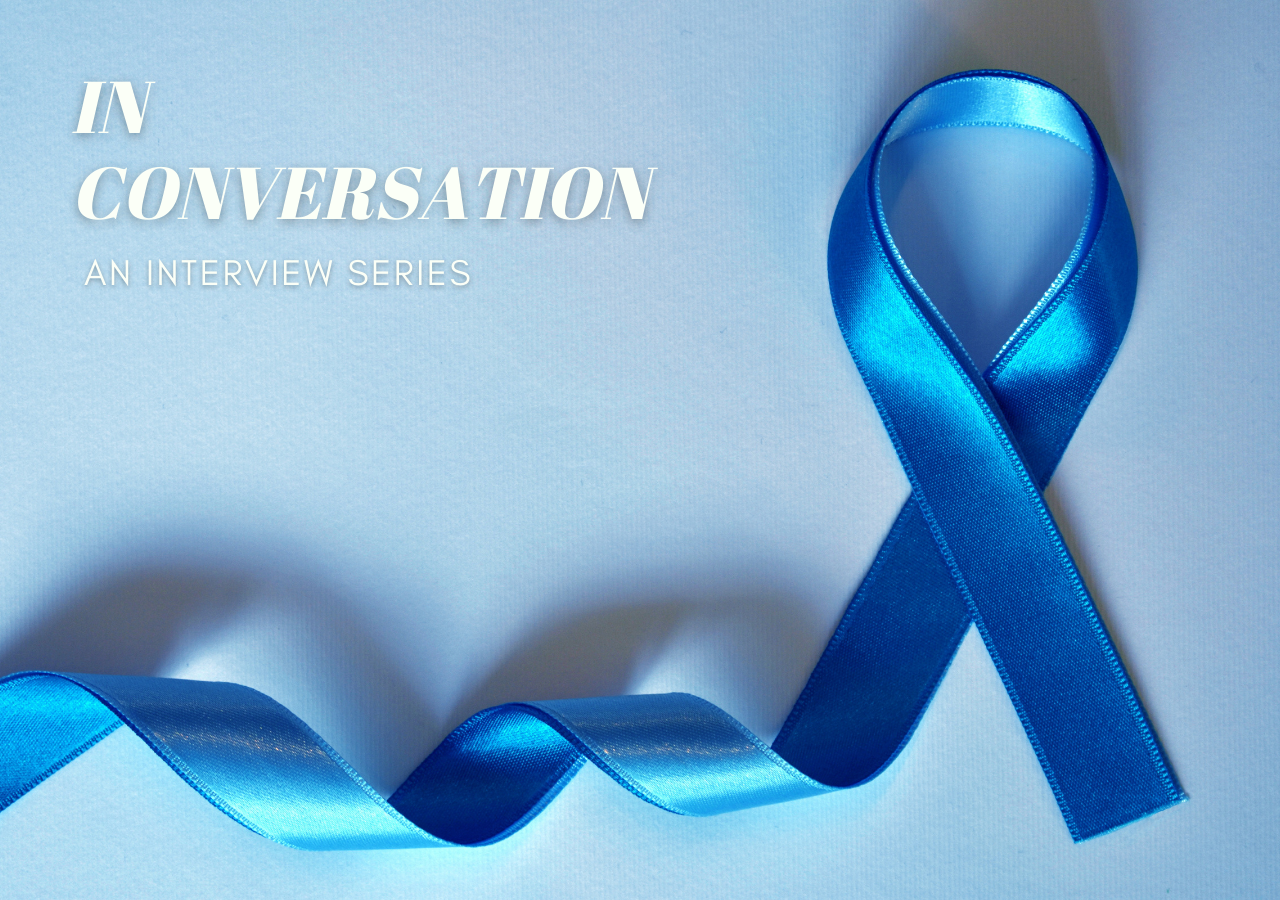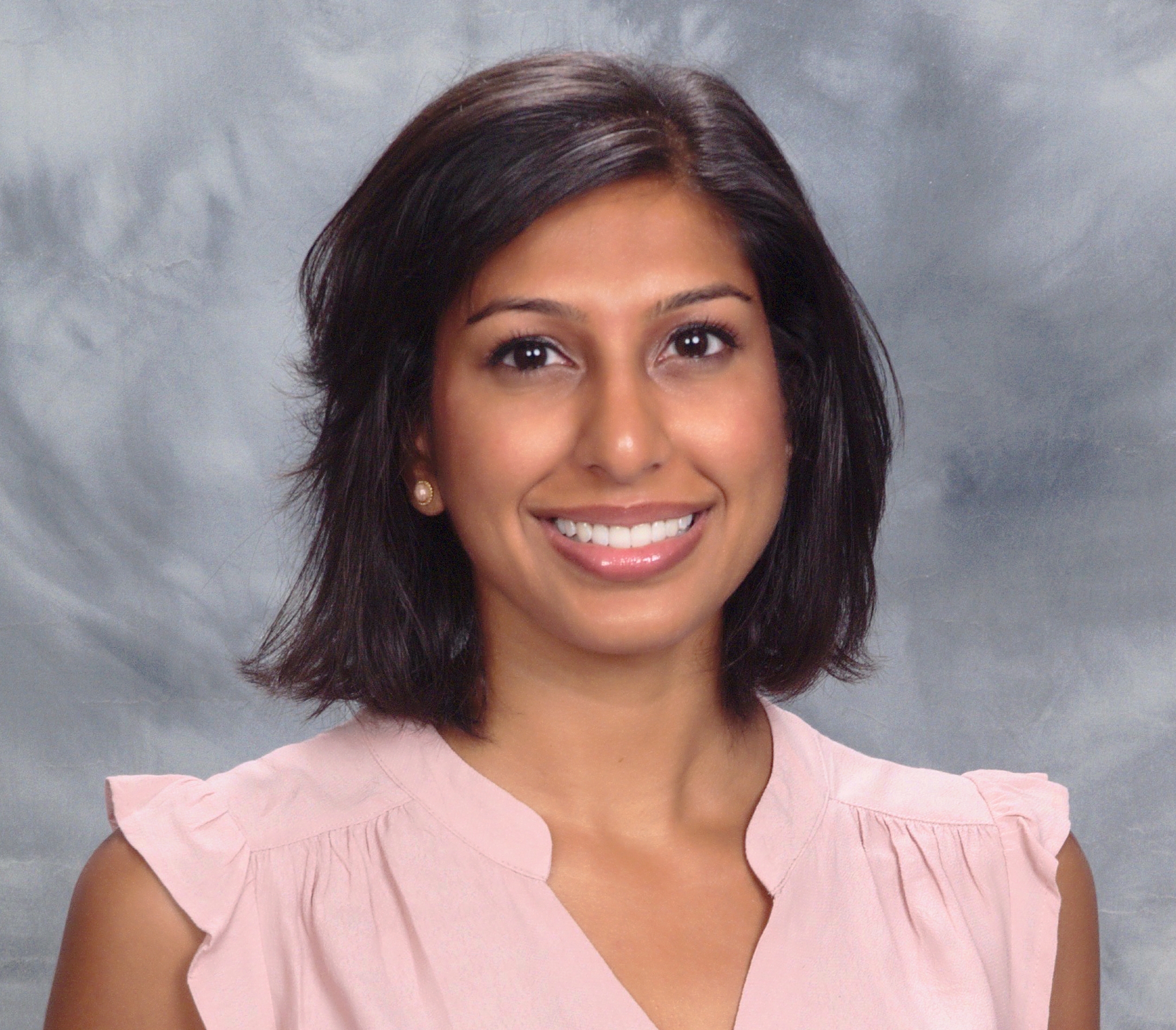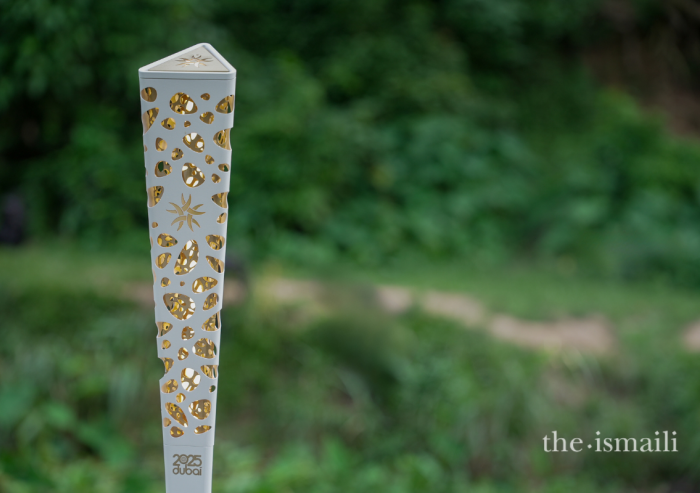Thank you for joining us. Can you tell us about yourself and your work?
I am a cancer epidemiologist focused on the genomics of infection-related cancers. My interest in global cancer health has taken me to Thailand where I developed a study on breast cancer to understand the difference in how cancer affected Muslim and Buddhist populations living in the same area of southern Thailand. This involved working with local communities, local health centers, and healthcare workers to recruit those with and without cancer.
In 2019, I joined the International Agency for Research on Cancer, a World Health Organization agency, to develop projects on cancer genomics in diverse populations. This work allows me to understand the biology of tumors and how our behaviour and environments can affect our risk of developing cancer. It also helps in understanding how these factors affect the longevity of patients after they get cancer.
The populations I work with come from North America, South America, and Europe, although there is always room to include those from underrepresented parts of the world. Global representation in science matters, and can change how we understand cancer and its effects.
To what extent do our environments and socioeconomic backgrounds affect our experience with cancer?
Our environment and socioeconomic backgrounds have been strongly shown to affect our risk of cancer. This makes sense, if you think about it. Our behaviour and exposure to healthy or harmful substances are influenced by where we are, and who we are surrounded by. For example, if a person lives in a neighbourhood where it is difficult to get to places without a car, with few parks or unsafe streets, it is likely they walk less. Low physical activity is a risk factor for many cancers.
People with higher socioeconomic status have resources available for things like purchasing more comprehensive healthcare plans, gym memberships, living in a neighbourhood with a clean and safe environment, and access to fresh food. Preventive medicine and low exposure to environmental contaminants can protect us against cancer.
Culture plays a big role as well. Many of us enjoy home cooked food that we have grown up with. These dishes may not be the healthiest but are part of our heritage and we are much more likely to continue eating them, despite knowing this. If children have parents who smoke, they are much more likely to become smokers themselves. Our environments and circumstances can shape our behaviors without us realising it. The good news is, once we become aware of this, we have the power to change our behaviour and do our best to reduce our risk of developing cancer.
This year’s World Cancer Day theme is “I Am and I Will,” which shares the message that a commitment to act will lead to powerful progress in reducing the global impact of cancer. In this regard, what actions can people take?
Our actions have an impact on the people around us, and on our neighbourhoods and communities. We can work together to raise awareness about cancer, improve education, and join efforts to change policies at the governmental level. Your actions, big or small, can create change. You can post cancer facts, published by reputable sources, on social media; share your own stories, join cancer walks, fundraisers, or other initiatives to support cancer research.
You could also volunteer for cancer-related events, or write to your local government asking them to commit to reduce the global impact of cancer. Other ways to act can be found at https://www.worldcancerday.org/take-action.
How has the Covid-19 pandemic affected cancer care around the world? What challenges has it presented?
Covid-19 has significantly changed cancer care during the pandemic. Health systems have been forced to prioritise resources. The need to isolate patients to prevent infection has meant that continuation of care such as cancer treatments, and preventive medicine such as cancer screenings, have been interrupted. Shortage of equipment and material has led to rationing of essential treatment.
Taken together, these effects can contribute to a delay in cancer diagnosis, suboptimal or delayed treatment, and significant reduction in survival rates and psychological support. Research organisations around the world have come together to study the impact this will have on the global burden of cancer.
How has cancer care innovated or adapted in response to the pandemic?
It’s much too soon to tell because health systems are still dealing with a large number of cases. While some health centers have been able to start resuming activities for cancer patients, it is unclear what damage has been done and how systems have adapted.
--
Dr Shama Virani is a cancer epidemiologist in the Genetic Epidemiology Group at the International Agency for Research on Cancer, an agency of the World Health Organization in Lyon, France. Her work is focused on using genetic epidemiology to understand cancer inequities in incidence and survival globally. For regular updates, follow her on twitter.









